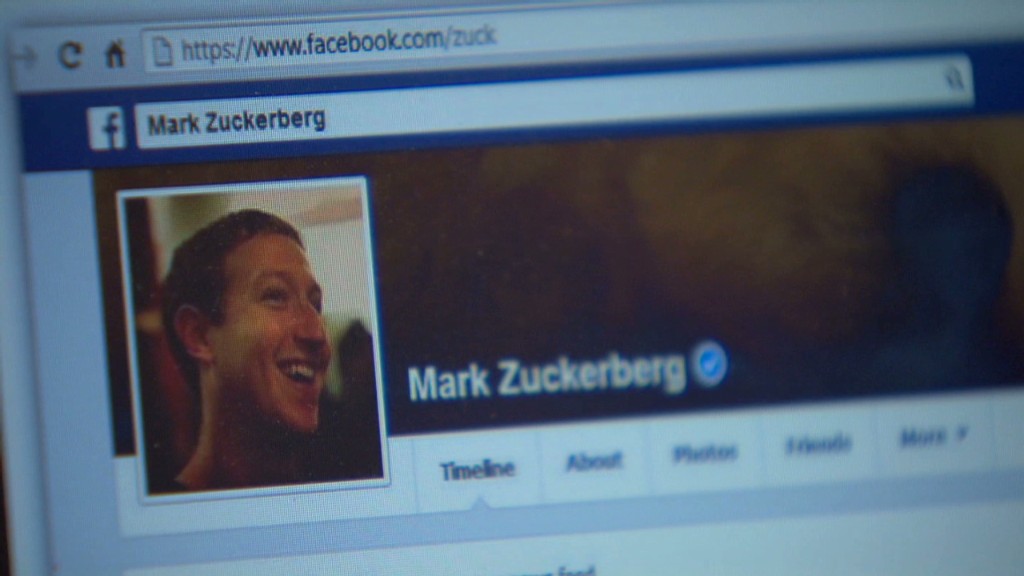Facebook has stirred up a storm with a controversial decision to lift a ban on violent videos, including beheadings.
A temporary ban on graphic content was imposed in May following complaints about videos which depicted people being decapitated.
Facebook (FB) removed the reported videos and said it was reviewing its policy on this type of graphic content.
Now the company has relaxed its stance. It will allow violent content such as beheadings to be published, provided the intent is to raise awareness rather than celebrate violence.
After news of the reversal broke Tuesday, Facebook clarified its position and said it would make a call on the intent behind each piece of graphic content. Spokesman Matt Steinfeld said Facebook would "take a more holistic look at the context surrounding a violent image or video, and will remove content that celebrates violence" while allowing some content "of public interest or concern."
In particular, Facebook removed again a graphic video of a woman's beheading that sparked outrage this spring. That video was removed from Facebook under the May ban, then allowed to return to the site when the ban was lifted.

Facebook's user conditions prohibit photos or videos that "glorify violence or attack an individual or group."
A spokesperson for Facebook said it will allow users to post violent videos that appear to condemn the actions depicted.
"If the video were being celebrated, or the actions in it encouraged, our approach would be different," a spokesperson told CNNMoney.
The firm said warnings may be displayed ahead of graphic videos.
The change in policy, first reported by the BBC, drew a wave of protest from Facebook users and others on Twitter.
British Prime Minister David Cameron criticized the decision. "It's irresponsible of Facebook to post beheading videos, especially without a warning. They must explain their actions to worried parents," he tweeted.
Related: Facebook kills search privacy setting
The new rule appears to provide a gateway for certain types of extreme content to dodge existing filters. Facebook prohibits nudity, drug use and pornography, and these restrictions will stay in force.
Much of the outcry drew attention to the apparent discord in Facebook's policies, which permit extreme violence but may require images of breastfeeding mothers to be removed.
The issue also reignited a wider debate over whether Facebook is a content platform or news publisher.
The social media powerhouse says it provides a place where people share their experiences and talk about what's happening in the world. But as it wrestles with free speech, users are left unsure as to what kind content will be censored.

